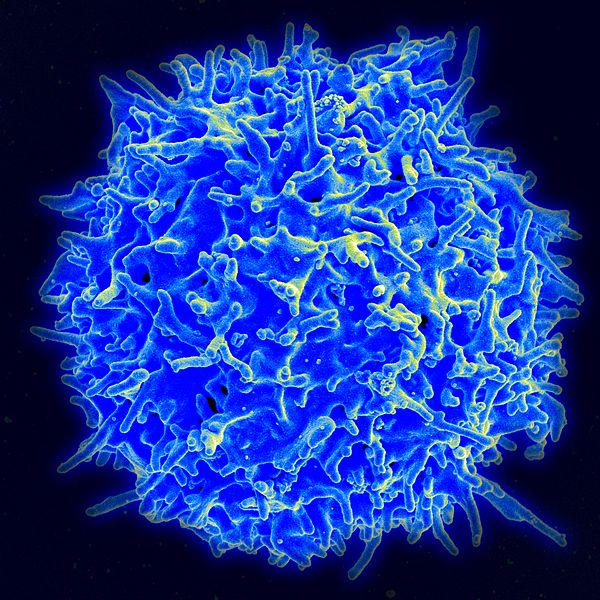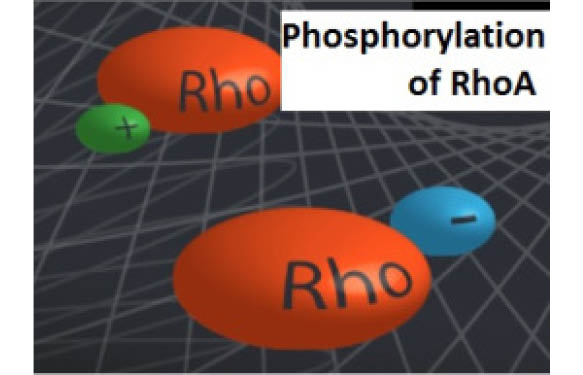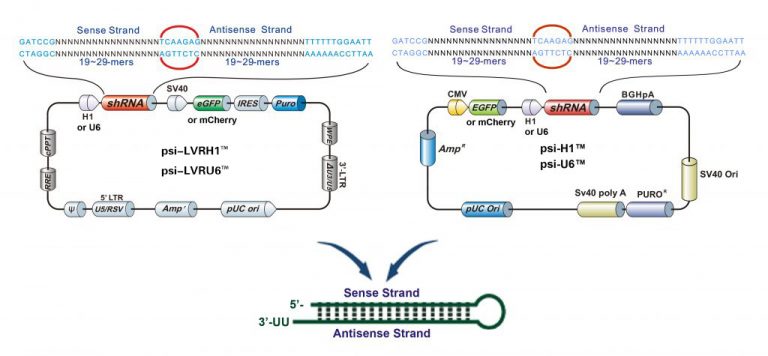Donor-derived lymphocytes attack a patient’s cancer — but may attack the patient as well. Donor chimeric antigen receptor (CAR) T cells, on the other hand, brought remissions without this troubling complication.
CAR T cells continue to make waves: At the latest annual meeting of the American Association for the Advancement of Science, it was announced that CAR T cells, in which T cells from a patient are genetically reprogrammed to target cancer cells, removed all traces of cancer in the bone marrow of 27 out of 29 acute lymphoblastic leukemia patients. Nineteen of 30 individuals with non-Hodgkin lymphoma also responded in the form of partial or complete responses. The cumulative successes found in CAR T cell studies have labeled them “extraordinary.”[1]
Encouraging outcomes were also reflected in an investigation that looked at CAR T cells as treatment after an allogeneic stem cell transplant.[2] In such transplants, a sibling with a closely matched tissue type, or an unrelated donor who happens to be a match, provides the stem cells to the patient. After that, the donor may also give a donor lymphocyte infusion, that is, un-manipulated lymphocytes, with the hope that this infusion will eliminate any residual cancer cells. Unfortunately, these lymphocytes may extend their attack to the patient’s own normal tissue, failing to recognise it as one of its kind. Called graft versus host disease, this immune response is a significant cause of serious complications and even death. Acute GVHD occurs in about one-third of patients who receive donor lymphocyte infusions.
Now, researchers investigated using donor CAR T cells specifically targeting a protein on malignant cells in a variety of blood cancers. Eight out of 20 patients, all of whom having been extensively treated but still with disease, achieved a remission. What’s more, acute GVHD developed in none of the patients. This event may be due to the short persistence of the CAR T cells. Interestingly, in a divergence from many CAR T cell trials, patients had not received chemotherapy to deplete their own lymphocytes. It has been thought that such a “lymphodepletion” step was necessary for CAR T cells to be unhindered, but in this trial it was feared that a result would have been severe GVHD. This trial was unusual, however, in that the T cells came from a donor rather than from the patient, a feature that may be behind the success of the trial even without lymphodepletion.
T cells for research
 Human cells and tissue are critical raw materials for your project, but often introduce significant variability. Optimized operational controls, quality systems, and analytical capabilities will ensure you are getting high performing cells – with guaranteed viable cells counts and high purity. You also want to be sure that the T cells are provided through positive or negative selections.
Human cells and tissue are critical raw materials for your project, but often introduce significant variability. Optimized operational controls, quality systems, and analytical capabilities will ensure you are getting high performing cells – with guaranteed viable cells counts and high purity. You also want to be sure that the T cells are provided through positive or negative selections.
What are the differences between positive & negative selections? Positive selected CD3 T cells are the total CD3 + T cells with anti CD3 magnetic beads that are still bound on the surface of the cells. The negative selected CD3 T cells are the untouched CD3 T cells population. All the other cells have been depleted by antibody conjugated magnetic beads. The positive selected CD3 T cells should contain CD4, CD8, double negative T cells which include NKT population. The negative selected CD3 T cells should contain CD4, CD8, double negative T cells, but not that much NKT population would be retained.
Discover a broad range of peripheral blood and cord blood pan T cells here.
The Donors make the difference…
Donors are the critical source for any research project. Reliable sources recruit and develop their own healthy donor pools consisting of a wide range of diverse demographics and parameters, which gives them the critical information they need to hand-pick specific donors to meet the researcher’s needs. Long standing relationships with donors ensures they can be recalled for repeat collections. Choosing such a source means you’ll benefit from a “pedigree” donor pool!
What about your projects? Contact us to discuss your next donor selection via mycells@tebu-bio.com.
 Interested in learning more about tools like this?
Interested in learning more about tools like this?
Subscribe to thematic newsletters on your favourite research topics.
References
- Cancer researchers claim ‘extraordinary results’ using T-cell therapy
- Bruno, JN et al. Allogeneic T cells that express an anti-CD19 chimeric antigen receptor induce remissions of B-cell malignancies that progress after allogeneic hematopoietic stem-cell transplantation without causing graft-versus-host disease. J Clin Oncol 2016; published ahead of print, dos/10.1200/JCO.2015.64.5929.



